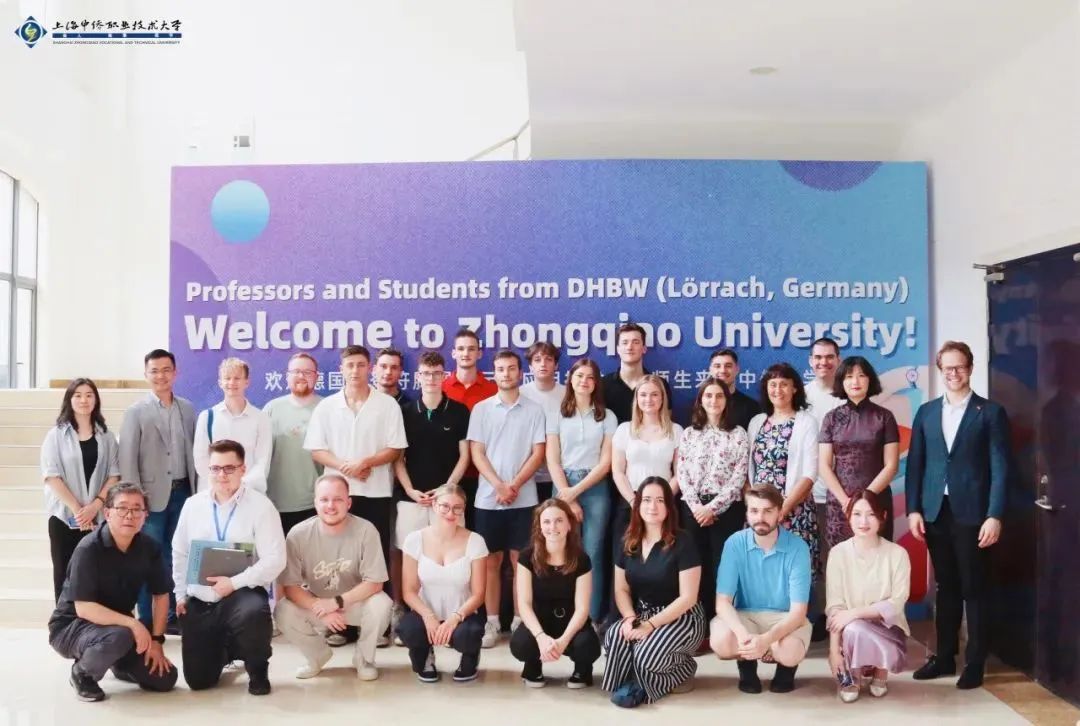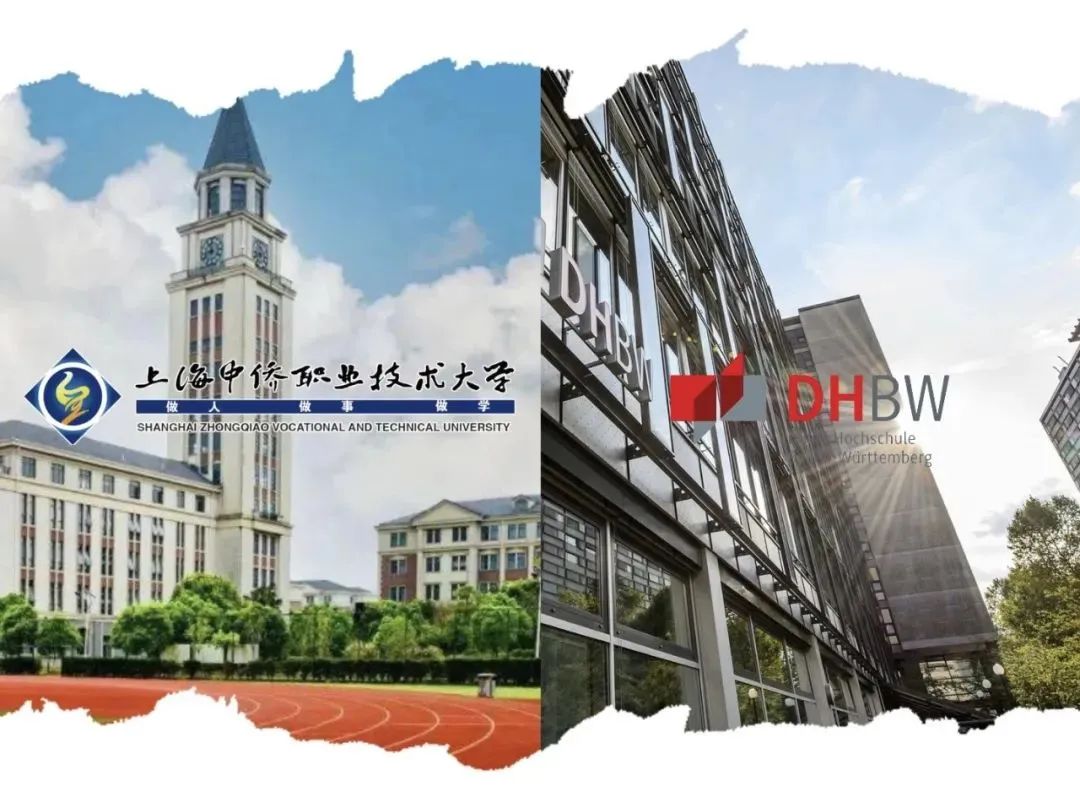
01 Focusing on New Developments in Vocational Education Reform
Last year, Shanghai Zhongqiao Vocational and Technical University and Germany's largest university of applied sciences, Baden-Württemberg Cooperative State University, jointly established the International Institute of Education and the Sino-German Vocational Education Faculty Training Center. In June this year, our university sent a group of faculty members to Germany for a two-week training program as part of the Sino-German Faculty Development CAS Project.
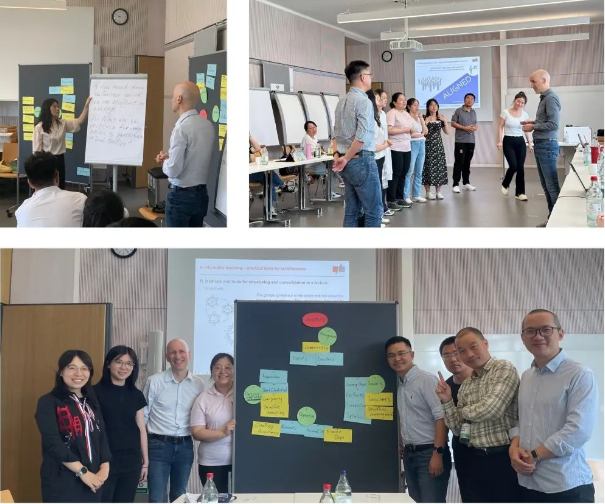
To further enhance the international competency of the faculty, draw insights from Germany's “dual education” vocational system, and advance the university's distinctive internationalized vocational education model, a group of outstanding faculty representatives recently revisited Germany and successfully completed the second phase of the Sino-German Faculty Development CAS Training Program.

02 Exploring new models of Vocational Education
During the training in Germany, professors and experts shared unique insights into industry and teaching practices. Our faculty members also visited renowned partner enterprises, gaining a deeper understanding of Germany's integration of industry and education. The program covered a range of topics, including Germany's higher education and dual education systems, employment-oriented dual education talent development models, curriculum planning, implementation, and evaluation, vocational teaching methodologies, and the integration of industry and education in Germany. These courses provided our faculty with valuable insights into the German vocational education system, laying a solid foundation for future collaborations in the field of education between China and Germany.
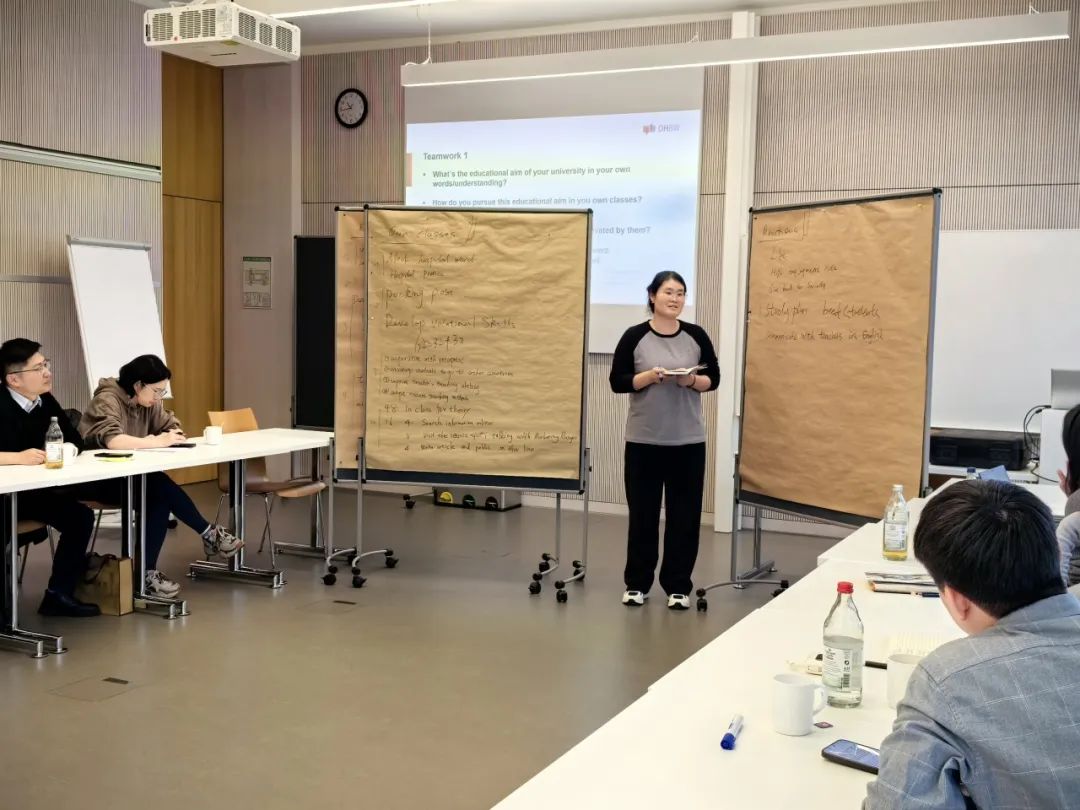


03 Practicing and Refining New Teaching Methods
Participants of this program expressed their honor in attending the second phase of the Sino-German CAS Training Program. They found the training highly rewarding, gaining a comprehensive understanding of Germany's dual education system and student development model while reflecting on their own teaching practices. The knowledge and experience acquired during the program will be applied to their teaching, focusing on integrating foundational and specialized subjects while adapting teaching methods. These efforts aim to further facilitate the exchange and integration of Chinese and international educational concepts, contributing to the internationalization of the university and the high-quality development of education and teaching.

Reflections on the Training
"Through this training, I gained a profound appreciation for the advanced and practical nature of Germany’s dual education system. This model significantly enhances students’ employability and improves the efficiency of corporate talent development. In the future, we can apply diverse teaching methods to make theoretical instruction in health-related disciplines more engaging and dynamic. For practical training, we can adopt action-oriented approaches, such as professional orientation, teaching internships, apprenticeships, on-the-job training, and full-time internships, to systematically cultivate students’ clinical thinking and problem-solving skills. "
- Cao Xuenan, Vice dean of School of Nursing and Health
"While studying Germany's higher education and dual education systems, I recognized their unique advantages in training applied talents. The German dual education system, with its close integration of education and vocational training, not only enhances students' practical skills but also provides enterprises with high-quality talents suited to their specific needs. By combining classroom learning with corporate internships, students gain theoretical knowledge at school while engaging in hands-on practice within real workplace environments. This practice-oriented teaching approach not only improves students' competitiveness in the job market but also shortens the transition period from education to employment.
Germany’s experience in integrating vocational education with industry is particularly worth emulating. Under this system, the government, schools, and enterprises collaborate effectively, leveraging their respective strengths to cultivate talent. This model promotes the efficient allocation of educational resources and improves the quality of education. The success of Germany’s higher education and dual education systems provides valuable insights for reforming vocational education in China. We should adopt its application- and employment-oriented talent development concepts to explore a vocational education path tailored to Zhongqiao’s unique needs, aiming to train more highly qualified applied talents aligned with market demands."
- Chen Lingping, Lecturer from School of Economics and Management
The Sino-German CAS program, organized by Shanghai Zhongqiao Vocational and Technical University's Sino-German Faculty Development and Training Center, aims to enhance the international competency of our faculty by drawing on the valuable experiences of Germany’s dual education system. It serves as a significant initiative for advancing the university’s distinct internationalized vocational education model and accelerating its high-quality development. This program will drive the reform and innovation of teaching concepts and methodologies, contributing to our efforts in integrating into the “Belt and Road” initiative and promoting the internationalization of vocational education.
04 Strengthening International Collaboration to Foster Mutual Learning and Exchange
To further deepen international collaboration and strengthen our ties with Baden-Württemberg Cooperative State University (DHBW), we have actively pursued both “bringing in” and “going out” approaches to international exchange. This includes faculty training and student exchange programs, continuously fostering the friendship between the two institutions while expanding the depth and breadth of cooperation. This semester, we welcomed 20 exchange students from DHBW, who immersed themselves in Chinese culture while offering our faculty and students fresh perspectives on Germany’s dual education system. In December, five outstanding students from our university participated in an exchange program in Germany, gaining firsthand experience of its advanced vocational education system and international cultural environment.
This “two-way exchange” not only enhances mutual understanding and professional collaboration among students from both institutions but also lays a solid foundation for deeper cooperation in the field of vocational education.
2024 Sino-German International Exchange Camp (click the photo to see the linked article)
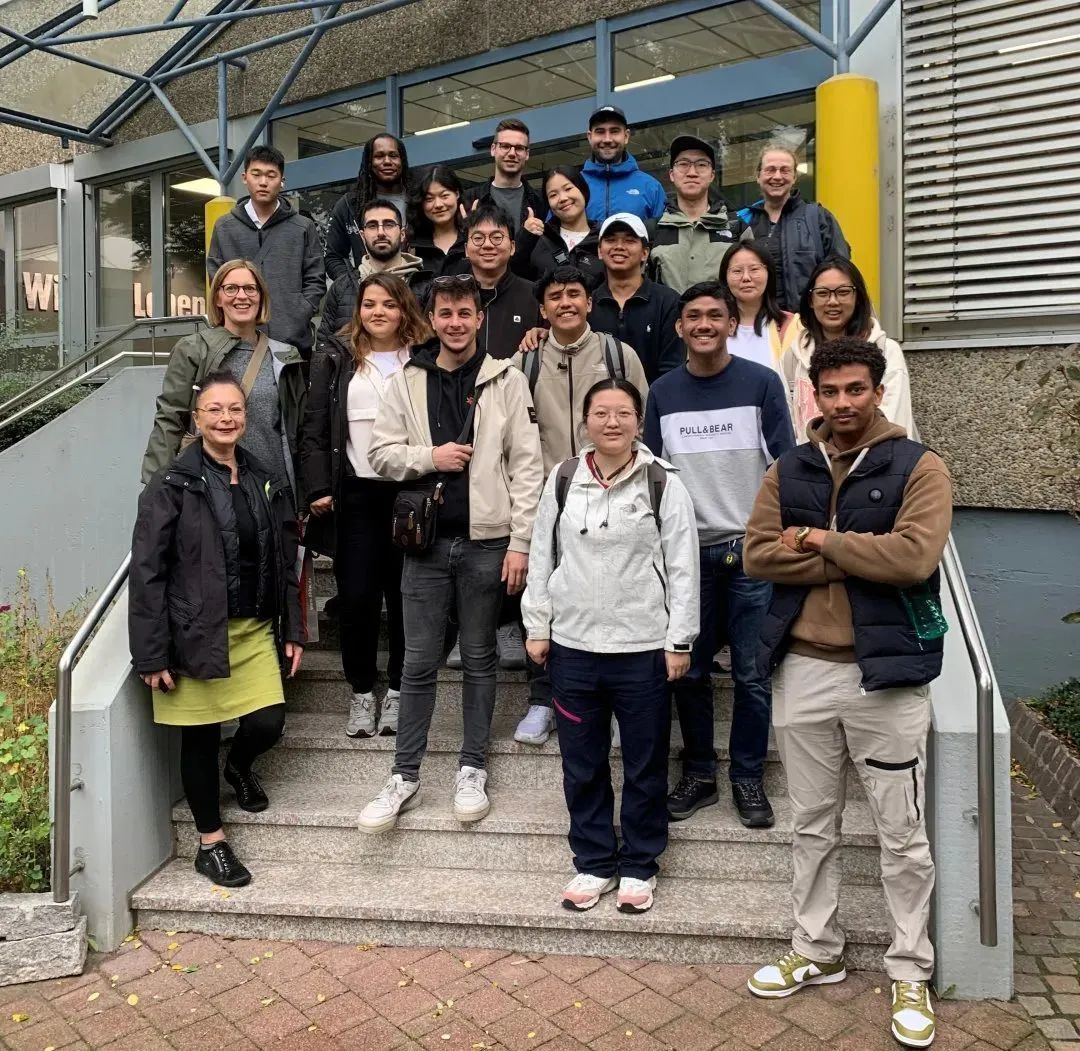
On December 19, five of our students concluded their three-month overseas study exchange at Baden-Württemberg Cooperative State University (DHBW). During this period of discovery, they not only acquired new knowledge but also gained unforgettable experiences.
Editor: Publicity Dept.
Translation: Chi Zhang



